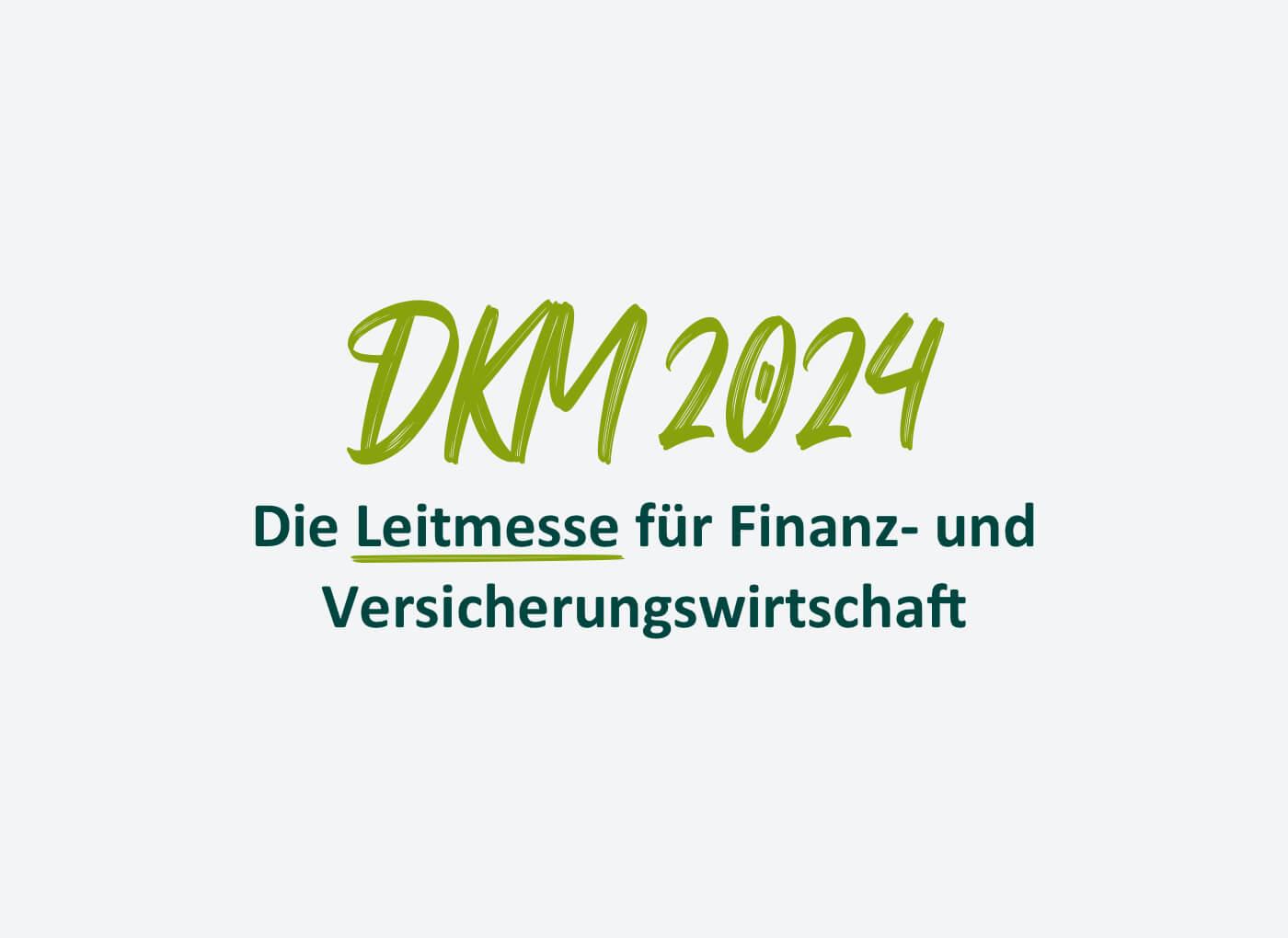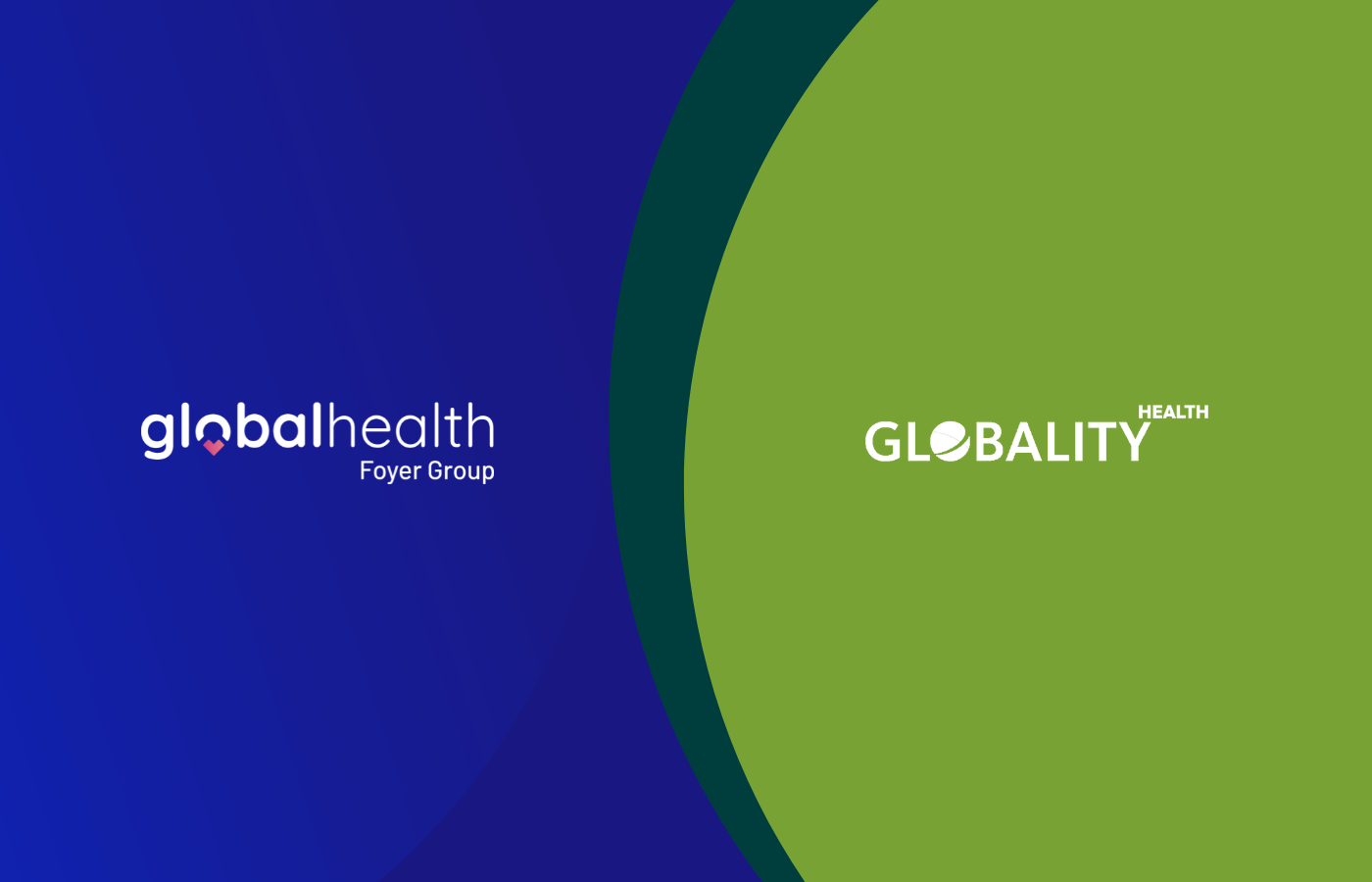
One Health: health for humans, animals and the environment
One of the lessons learned from the corona pandemic is that health is defined in a more comprehensive and sustainable way. It is about protecting people as well as the planet. The WHO's "One Health" approach strives to achieve optimal health for people, animals and our environment.
Expert knowledge in animal health, agriculture and human medicine is to be brought together. It is about cooperation between all multilateral actors: the World Health Organisation, the World Organisation for Animal Health, the Food and Agriculture Organisation, the United Nations Population Fund and the Global Fund to Fight AIDS, Malaria and Tuberculosis (GFATM) with vaccination alliances and research cooperation.
Health security and public health have become more important.
Security and health have been extended to health security. Nationally, however, (public health and health security alone will not be able to organise) ?. Supranational institutions such as the WHO, but also the EU and NATO, need to expand and cooperate better. Health crises increasingly cross borders and have the potential to become economic, social and political crises at the same time. Strengthening the mental and social resilience of a country or an alliance is thus becoming more important, and health policy is increasingly part of security policy.
White Deal: A pact for health
To make the vision of “One Health” a reality, a new pact for health, a “White Deal”, is needed. Such a pact should include the following six points in particular: Health security and quality of life as new government goals, health literacy, a healthy corporate culture and a skilled labour offensive for the health professions. The goal is a resilient and robust health care system: “Health for All”. There has never been a more ideal time for such a deal.






